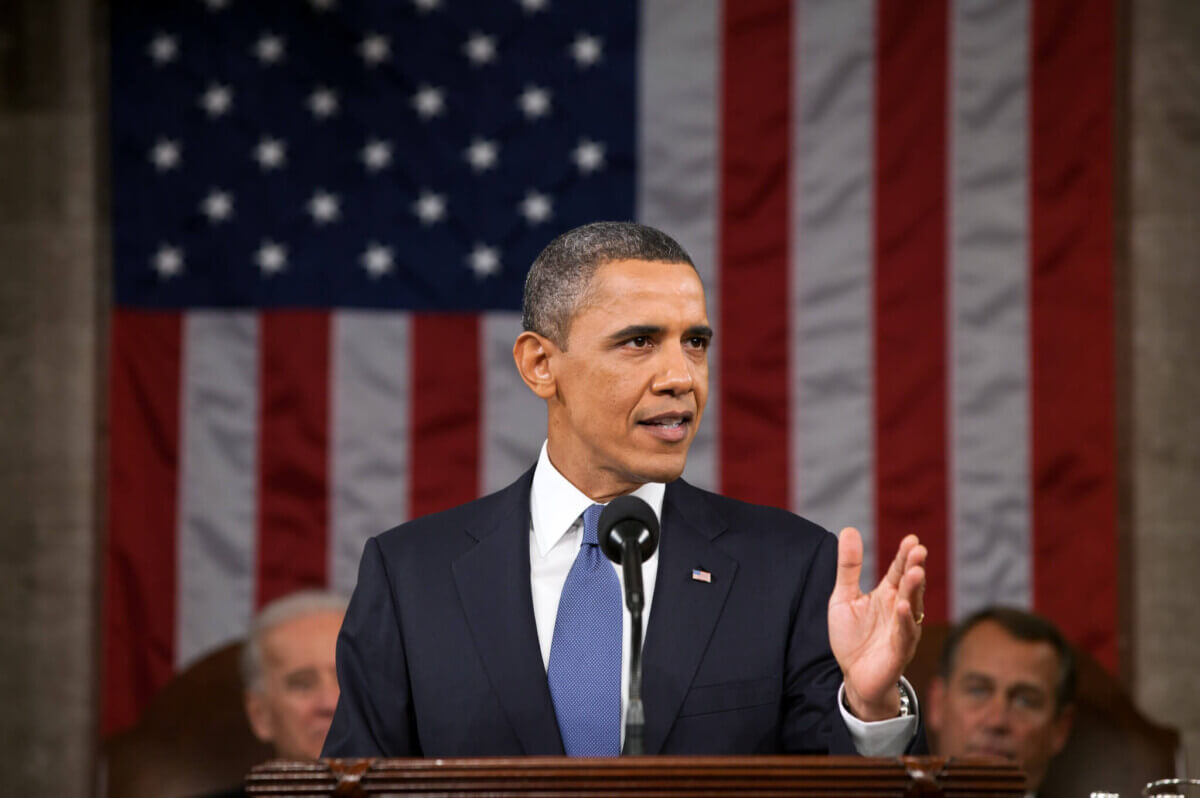
President Barack Obama (janeb13 / Pixabay.com)
HOUSTON — It may feel like an eternity ago at this point, but Barack Obama's 2008 presidential election victory over John McCain was a historic moment for all of America, and especially for African-Americans. Now, 12 years later, researchers from Rice University have found that the ascent of the first black man to the nation's highest office greatly improved the mental health of African-American men all over the country.
Typically, sociologists tend to focus on how tragedies and negative events influence people's lives and health, but the team at Rice University wanted to focus on a positive moment for a change of pace.
“This is one major reason we pursued this study — we wanted to know if there were any health implications from this momentous occasion in U.S. history,” comments lead researcher Tony Brown, a professor of sociology at Rice, in a release.
Using a nationally representative survey of 400,000 U.S. adults, the study's authors examined the mental health of African-Americans 30 days before the 2008 election and 30 days after the results were announced. In short, the election resulted in a statistically significant uptick in positive mental feelings among black men.
Here's one of the survey questions: “Now thinking about your mental health, which includes stress, depression and problems with emotions, for how many days during the past 30 days was your mental health not good?”
Before the election took place, the average black male respondent reported four days of poor mental health per month. After the election, the average number dropped to three days.
To put these numbers in perspective, researchers noted that another study had found black adults experienced a 0.14 days increase in mental health problems after being within close proximity of a police shooting incident involving an unarmed African-American. So, a full day difference after the election is quite noteworthy.
“The study’s findings are important because we do not fully understand what factors protect mental health,” Brown adds. “Specifically, the findings demonstrate that sociopolitical shifts matter for the health of black men and that everyday conditions of life act as social determinants of health.”
Somewhat surprisingly, black women didn't seem to reap the same psychological benefits from Obama's victory. Prior to the election black women reported an average of 4.6 days per month of poor mental health, and afterwards that number actually increased to a full five.
“Black women could have faced an internal conflict over not being able to vote for Hillary Clinton, a woman,” Brown theorizes. “They could also have been concerned over the uptick in death threats just 10 days following Obama’s election, worrying about the new president-elect in the same way they would worry about their own husbands, fathers or sons. They might also have been concerned over how President Obama would deal with discrimination against black men versus black women.” Finally, Brown said black women may have worried that Obama’s election would result in a backlash in years to come, resulting in the country moving back toward a racist “status quo.”
Brown and his team are already working on a similar study examining the effects of Donald Trump's 2016 election victory.
“Groups of voters are symbolically empowered or disempowered by the biography, blind spots and biases of those wining presidential elections,” he concludes.
The study is published in Sociology of Race and Ethnicity.










